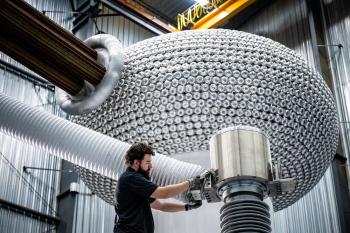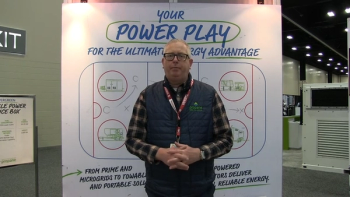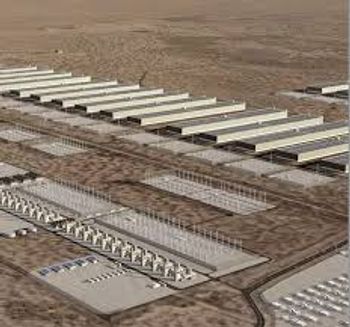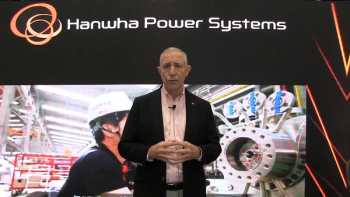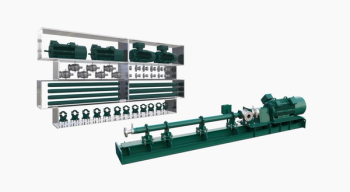
Everllence Completes First Methanol Retrofit of S90 Two-Stroke Engine
Key Takeaways
- Everllence converted its B&W S90 engine to dual-fuel methanol, marking a world-first achievement in maritime decarbonization efforts.
- Successful sea trials with COSCO Shipping Libra demonstrated the technical and commercial viability of large-scale methanol conversions.
Prior to the official methanol retrofit, Everllence invested in a dedicated 4S90 testbed engine which validated methanol performance under real operating conditions.
Everllence successfully converted its
“We’re proud to support COSCO Shipping Lines and COSCO Shipping Heavy Industry—and the maritime industry as a whole—in taking this step toward decarbonizing shipping,” said Michael Petersen, Senior Vice President and Head of Everllence PrimeServ, Denmark. “This milestone highlights COSCO’s role as a first mover and presents a path for reducing emissions from Everllence S90 engine vessels. It also showcases Everllence’s capability to deliver large-scale retrofit projects.”
The company’s aftersales division, Everllence PrimeServ, partnered with COSCO Shipping Heavy Industry from concept to execution, delivering the first S90 methanol engine retrofit. The full-scope project included engineering, project management, installation, commissioning, and sea trials. Prior to the official methanol retrofit, Everllence invested in a dedicated 4S90 testbed engine in Japan which was commissioned in early 2025. The testbed validated the engine’s methanol performance under real operating conditions.
“While the journey toward full decarbonization will require collaboration across the industry, this achievement demonstrates that large-scale conversions are both technically proven and commercially viable,” said Petersen. “This opens a practical pathway towards accelerating the maritime energy transition together with our customers.”
Retrofitting the COSCO Shipping Libra proved the viability of methanol as a maritime fuel and accelerated the S90 engine’s readiness toward Everllence’s large-bore milestone. Going forward, the company expects significant potential for additional large-bore retrofits, as over 300 vessels worldwide are equipped with S90-class engines. These users represent potential candidates for similar dual-fuel methanol retrofits.
Ethanol-Fired Engine
In late September 2025, Everllence successfully operated its 90-bore ME-LGIM
175D Engines
In August, Everllence agreed to deliver 14 x 3 x 16V175D-MM high-speed engines to
The 175D engine is available in multiple cylinder variants—12, 16, and 20—with outputs ranging from 1,500 – 4,400 kW. It is suited for powering ferries, offshore support ships, tugs, and additional working vessels and other market areas, including superyachts, planning yachts, and naval marine applications, are served by other engine variants. Everllence’s design is also eco-friendly, operating with low fuel-consumption and compliance to the latest exhaust-gas emission standards. The engine is compatible with future-fuel requirements with biofuels clearances on FAME and HVO.
Newsletter
Power your knowledge with the latest in turbine technology, engineering advances, and energy solutions—subscribe to Turbomachinery International today.

